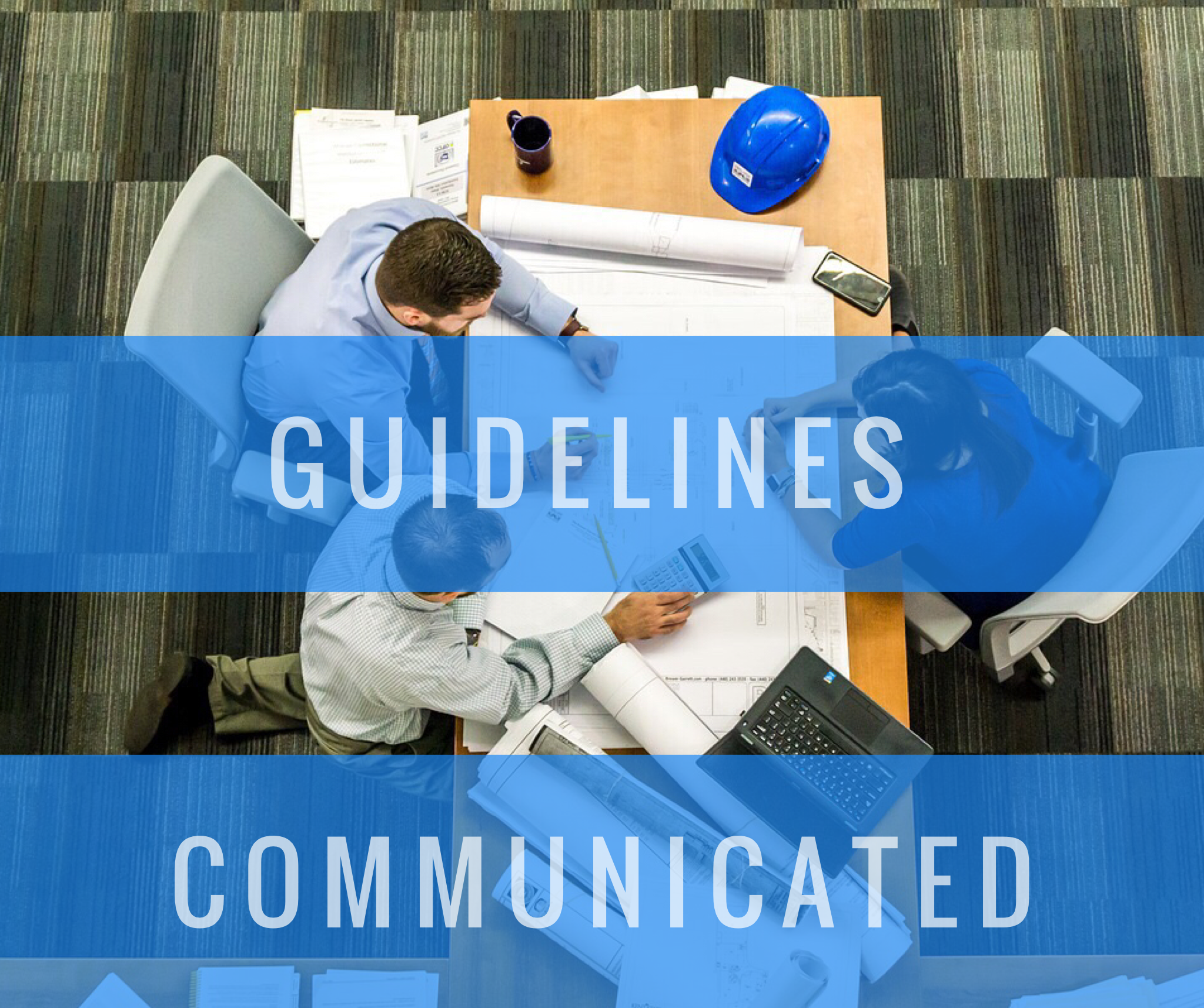
It’s important to know what’s happened in the past to be able to make informed decisions moving forward. Whether you are moving into a new year, starting with a new team, creating a new product, having a performance review with an employee, looking back and seeing the growth, the learning and the mistakes made helps prepare for the future.
With the new year here. if you haven’t already done so, take the time to reflect. Grab a blank piece of paper and write these headings down – rate your business performance based on what happened last year and state why you gave your business that rating.
Rating from 1-10 (1- not good and 10 excellent)
- Management and Leadership
- Goal setting, action plan and time management
- Finances
- Team/Employees
- Customer Service
- Marketing/Branding
- Product/Service Development
- Administration/Systems and Procedures
Grab another blank piece of paper and answer these questions relating to your business. When writing your answers, go a step further and write down WHY? This will give you greater clarity in making your decisions this year.
- What are 3 good things that happened last year?
- What are 3 low points that happened last year?
- What was the biggest lesson you learnt from last year?
- What’s the one major event that happened that makes you feel proud?
Start moving forward, taking what you have written you can now make some decisions for this year. REFLECTION is done so it’s time for PLANNING. Time to set some goals. You can use the SMART process for this.
Once you have completed your plan, you will realise that changes will need to be made moving forward. There will be things you will need to STOP doing, things you will need to START doing and things you will need to CONTINUE doing. Give yourself the time to do this exercise as it will have you time and money in the long run and have you going into the new year excited, maybe a little nervous but ready to give it your all.
EmpowerBeyond – Business Performance Solutions, focusing on people, process, products and services and improving productivity and cash flow www.empowerbeyond.com.au






